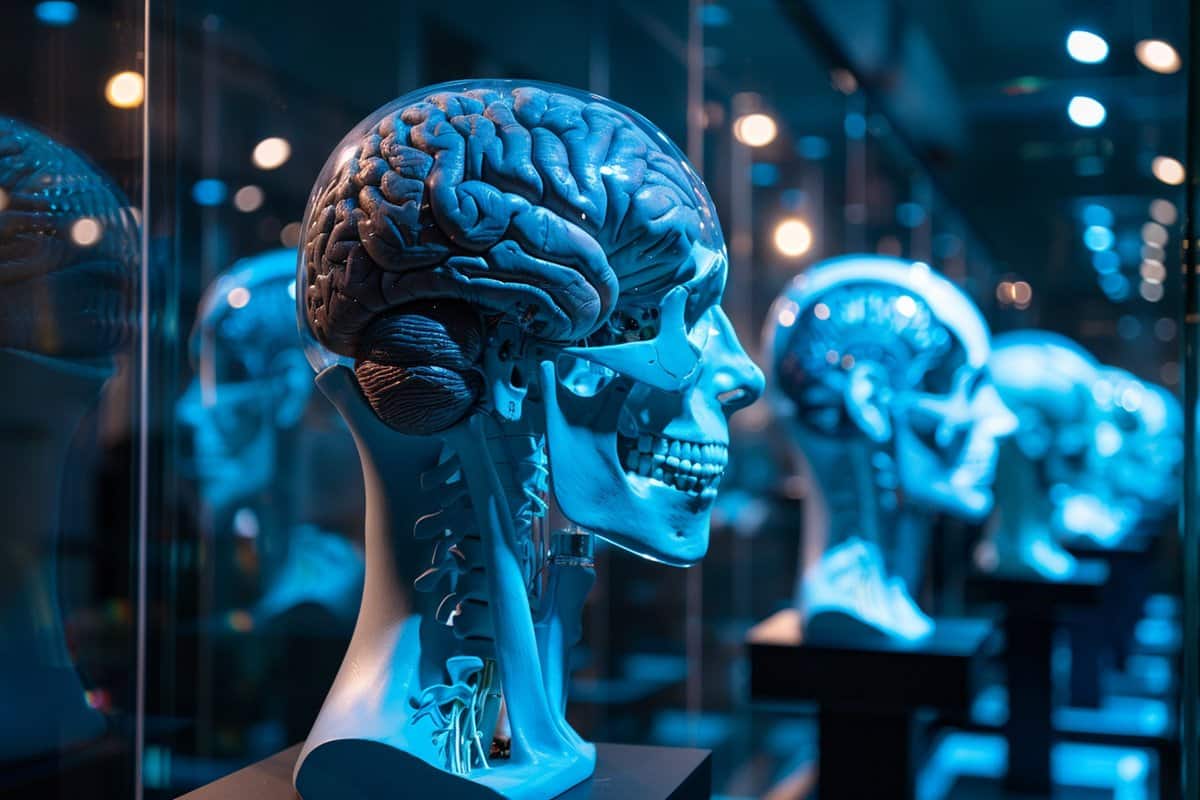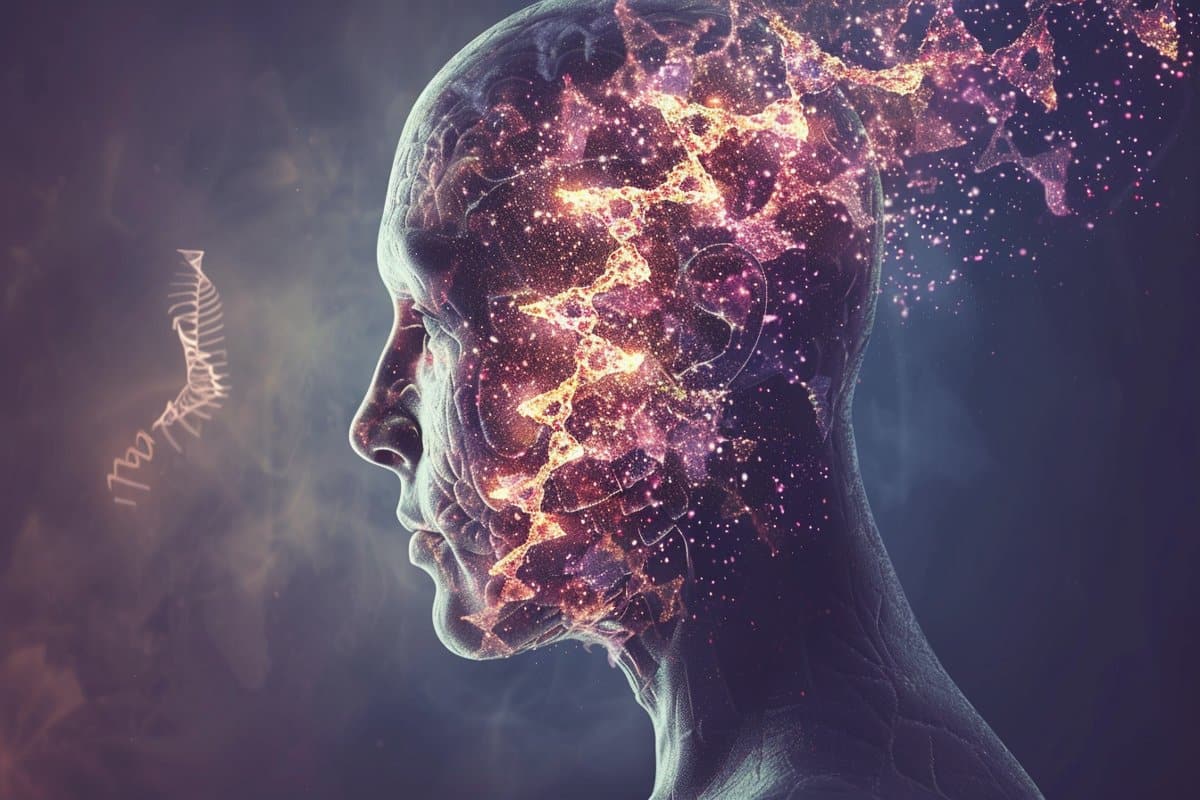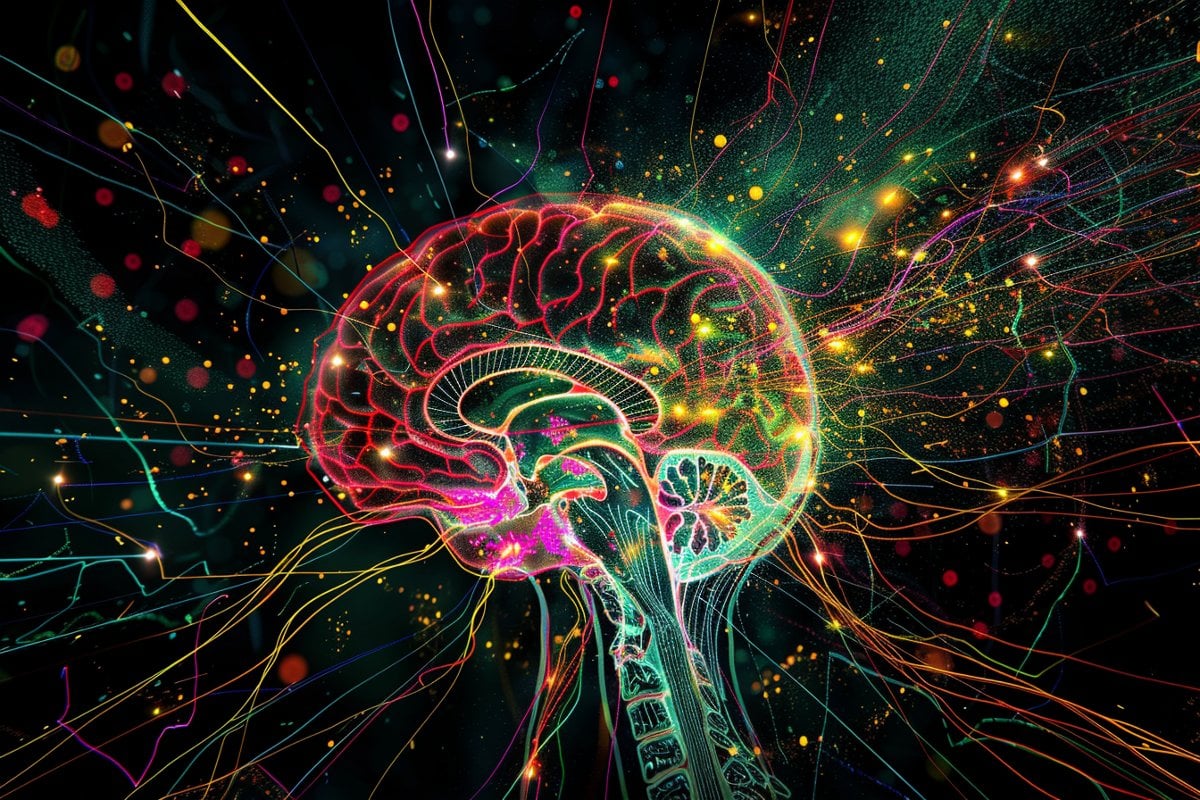Unlocking Human Brain Evolution
Click here to view original web page at Unlocking Human Brain Evolution Summary: Researchers made a significant discovery in the study of human brain evolution, identifying epiregulin as a key factor in the expansion of the human neocortex. By comparing brain development between mice and humans and utilizing 3D brain organoids, the team found that … Continue reading “Unlocking Human Brain Evolution”









